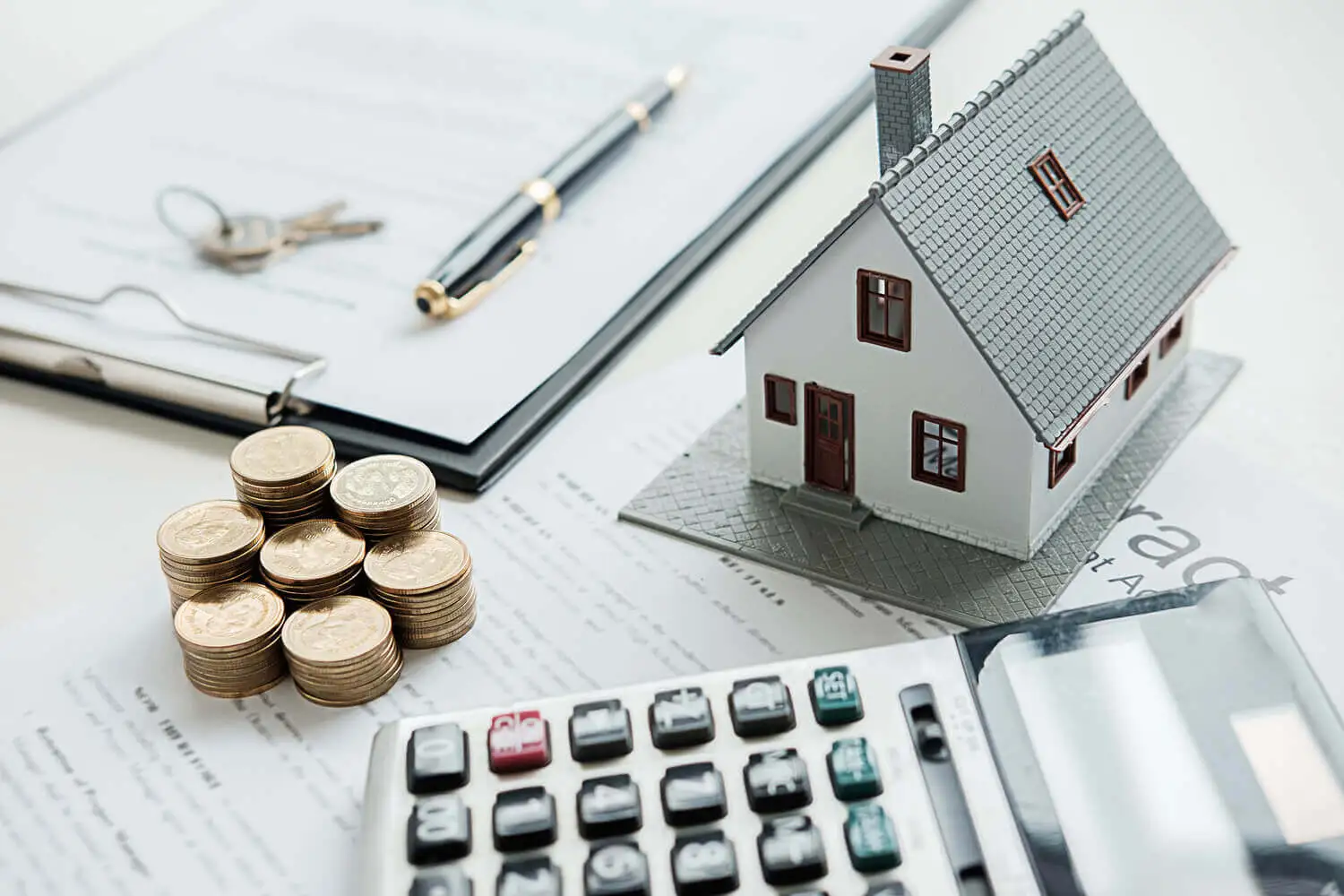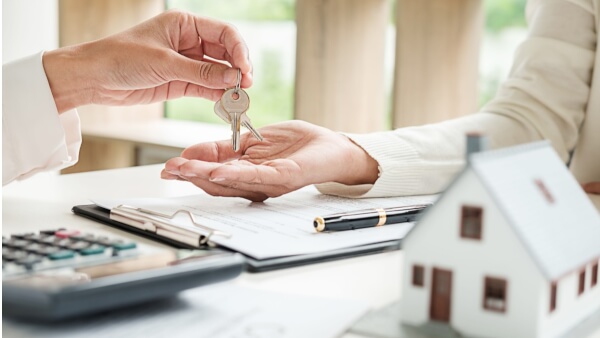Table of Contents
ToggleAre you considering buying a house in Egypt and worried about the cost?
Buying a house is a significant milestone, but in Egypt, as in many parts of the world, the initial sale price is only part of the financial picture. Beyond the advertised cost of the property lie several hidden expenses that can catch buyers off guard—especially those who are navigating the Egyptian real estate market for the first time. From legal fees to unexpected taxes, understanding these hidden costs can help buyers budget accurately and avoid unpleasant surprises.
Here are 10 hidden costs you should be aware of when buying a house in Egypt.
1. Registration and Notarization Fees
Once you’ve agreed on the sale, you’ll need to legally register the property. The official registration of real estate in Egypt is done through the Real Estate Publicity Department (REPD), and this process incurs several fees.
Registration fees can vary based on the value and location of the property but typically range from 0.5% to 3% of the property’s declared value. If the property is not registered in the “shahr ʿaqārī” (official real estate registry), the costs and complications may increase significantly.
2. Legal Fees and Contract Drafting
Most property transactions require the assistance of a lawyer, especially to verify the title deed, draft the sales contract, and oversee the registration process. While some people may opt for a standard template contract, it’s advisable to get a qualified lawyer to customize one based on your needs and the nature of the property.
Legal fees in Egypt generally range between 1% and 2% of the property value. Some lawyers may charge a flat fee, but others charge a percentage of the deal, especially in high-value transactions.
3. Real Estate Agent Commission
If you use a real estate agent or broker, you’ll likely be responsible for paying a commission. While it’s common for buyers and sellers to share the commission, sometimes buyers pay the full amount.
The standard commission rate is usually 2% of the property price, although this can vary depending on the agreement or the type of property. Be sure to clarify the commission structure before engaging with a broker.
4. Property Taxes and Annual Fees
In Egypt, residential properties are subject to a real estate tax. While it’s not a massive amount, it is recurring and should be factored into your long-term budget. The tax is calculated as a percentage of the rental value of the property, usually around 10% after certain deductions.
Additionally, properties within compounds or gated communities often have maintenance or service fees, which can be monthly or annually. These fees cover security, landscaping, and communal amenities.
5. Utility Connection Fees
When buying a newly built or previously unoccupied home, you’ll need to connect utilities such as water, electricity, gas, and possibly the internet. These connections are not always included in the sale price and may require substantial payments to government authorities or service providers.
Depending on the size and location of the home, utility connection fees can range from EGP 10,000 to EGP 50,000 or more. In some cases, developers offer “ready-to-move” homes with utilities installed—but often, the costs are passed on to the buyer indirectly.
6. Furnishing and Interior Finishing
A common practice in Egypt is selling properties in semi-finished condition—meaning walls may be bare concrete, floors unfinished, and bathrooms incomplete. Finishing a home to livable standards can be surprisingly expensive, especially if you want quality workmanship.
Depending on materials and design preferences, finishing a property can cost anywhere between EGP 1,500 to EGP 4,000 per square meter, or more for luxury finishes. That means a 150 sqm apartment could require EGP 225,000 to EGP 600,000+ just to make it livable.
7. Maintenance and Service Charges
Even after moving in, you’ll likely face ongoing maintenance costs. In residential compounds, these fees cover communal services like waste disposal, elevator upkeep, and security.
These charges can be monthly or annual and often increase over time. Expect to pay anywhere from EGP 5,000 to EGP 20,000 per year depending on the amenities and services offered by the compound or building.
8. Value Added Tax (VAT) on Services
While real estate sales are generally exempt from VAT, services related to real estate—such as architectural design, construction, finishing work, and legal consulting—are often subject to 14% VAT. This tax can apply even if the service provider did not clearly include it in their quoted price.
If you’re hiring a contractor or designer, ask if their fees include VAT. Not accounting for this tax can skew your budget and lead to disputes later on.
9. Currency Exchange and Transfer Costs (for Foreign Buyers)
For foreign investors or Egyptians living abroad, transferring funds into Egypt to purchase property may incur currency exchange costs and international transfer fees. Depending on your bank and the amount being transferred, this can add up to several thousand Egyptian pounds or more.
In periods of currency volatility, buyers may also face significant losses due to unfavorable exchange rates or devaluation of the Egyptian pound, making the cost of the property much higher than anticipated.
10. Developer Penalties or Delays
If you’re buying a home off-plan (i.e., under construction), beware of hidden costs associated with construction delays or payment penalties. Many developers include clauses in the contract that allow them to impose penalties if you’re late on installment payments.
Additionally, if the developer fails to deliver on time or skips promised features, you may be forced to cover temporary housing costs, legal disputes, or additional upgrade charges. It’s critical to scrutinize the sales contract and ensure all promises are clearly written.
Final Thoughts
Buying a house in Egypt can be a rewarding investment, but hidden costs can turn what seems like a great deal into a financial burden. Whether you’re purchasing for personal use or investment, always conduct thorough due diligence, work with a reputable lawyer, and budget conservatively—including at least 10–15% above the listed property price to accommodate these hidden costs.
Understanding these extra expenses ahead of time can help you make smarter financial decisions and enjoy your new home with peace of mind.
Frequently Asked Questions
What is the cost of registering a property in Egypt, and why is it important?
Property registration in Egypt is handled through the Real Estate Publicity Department (REPD). The fees typically range from 0.5% to 3% of the declared property value, depending on the location and the type of property. This process legally secures your ownership and is essential to avoid disputes or fraud. Without official registration, your legal standing as a property owner may be weak, especially in cases of resale or inheritance.
Do I need a lawyer when buying a house in Egypt? What do they charge?
Yes, hiring a lawyer is highly recommended when purchasing real estate in Egypt. They verify the ownership title, draft or review contracts, and help with due diligence. Legal fees usually range from 1% to 2% of the property value, although some lawyers charge flat rates. A good lawyer can protect you from hidden legal issues, forged documents, or misleading developer claims.
Is VAT (Value Added Tax) applicable when buying a property in Egypt?
Direct property sales are usually exempt from VAT, but many associated services are taxable at 14%, including architectural design, construction services, interior finishing, and legal consultancy. Buyers should ask all service providers if VAT is included in their quote, as this tax can significantly increase your overall budget if unaccounted for.
How much is the real estate agent’s commission in Egypt?
Real estate agent commissions in Egypt are typically 2% of the total property price. This fee can be split between buyer and seller, but in many cases, the buyer is asked to cover it entirely. Always clarify the commission terms in writing before agreeing to work with a broker to avoid misunderstandings later.
Are there annual property taxes in Egypt? How are they calculated?
Yes, there is a real estate tax in Egypt on residential properties. It’s calculated based on the property’s rental value, with a rate of 10% applied after a deduction for maintenance (usually 30%). Properties below a certain threshold (currently EGP 2 million market value) may be exempt, but luxury homes and villas are typically taxable.
How much does it cost to connect utilities like electricity and water?
Utility connection fees vary depending on the area and property size, but you can expect to pay between EGP 10,000 and EGP 50,000 or more. This includes installation and connection for electricity, water, gas, and sometimes sewage or telecom services. In newer developments or compounds, utilities may already be installed, but buyers are still expected to cover the connection or transfer fees.
